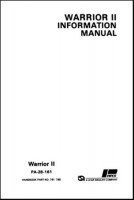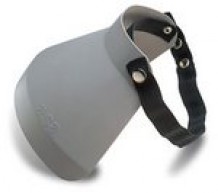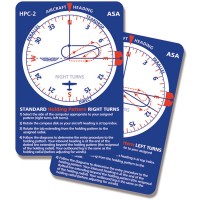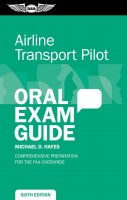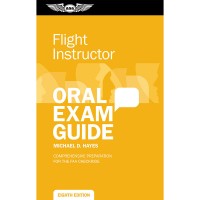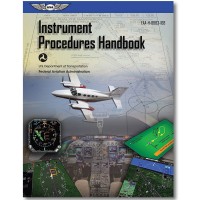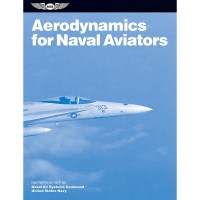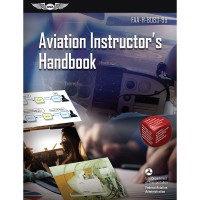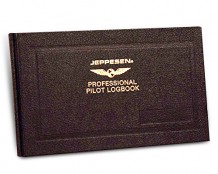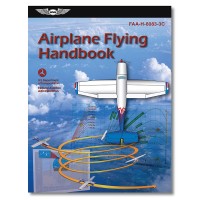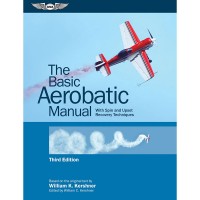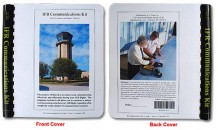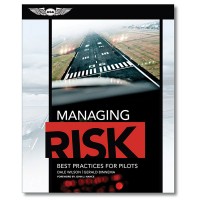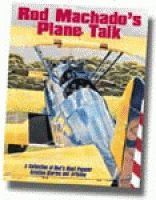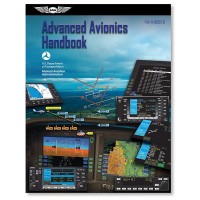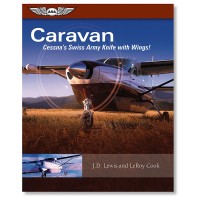Rod Machado's Instrument Pilot's Handbook
MFR Model# 9781950288007
Overview
|
Rod Machado's Instrument Pilot's Handbook is a teaching tour de force that takes pilots through the complex world of instrument flying. Long known for his unique ability to transform difficult concepts into simple-yet-complete explanations, Machado takes both new and experienced IFR pilots on a guided tour of instrument flying, from the basics through subtleties that even many professional pilots will find useful. He turns complexity into curiosity. Nearly 1,000 illustrations shine further light on the topic at hand. From how the basic aircraft instruments really work through what's inside a thunderstorm and how a GPS approach works, Machado teaches IFR pilots not just the minimum needed to pass the instrument pilot knowledge exam, but every aspect of IFR flying. This up-to-date text covers the latest information on GPS, glass cockpits, data uplinks, computer-based resources, and other new (and future) technologies and techniques. It is also a rich source of practical information about how real pilots really fly IFR. Readers learn how to gauge the thunderstorm potential of a cumulus cloud by estimating the rainfall rate, scan their instruments in a way that provides maximum performance with minimum effort, and keep the needle centered during an ILS or LPV approach by using the sky pointer on the attitude indicator. There's flying by the book, and then there's flying by THIS book. Rod Machado's Instrument Pilot's Handbook is fun, thorough, and the next best thing to having Rod Machado sit by a pilot's side and talk him through each topic. Once again, Machado proves that you can have fun while learning what you need to know in order to fly safely. (Downloads are non-refundable.) |
WARNING: Cancer and Reproductive Harm - www.P65Warnings.ca.gov. |
Features
- Simplification of the FAA’s IFR scan concepts & an easy-to-use, cockpit-practical instrument scan technique
- Latest information on aviation decision-making for instrument pilots
- Detailed understanding of analog and glass (PFD) flight instruments
- Detailed procedures for planning an IFR cross-country flight
- Easy to apply navigation methods for VOR, GPS, ADF and for flying approaches to LPV, LNAV, LNAV/VNAV minimums
- Clear, down-to-earth explanations of pertinent FARs, including instrument currency, lost comm, alternate requirements, etc.
- Step-by-step explanation of how instrument approach charts are constructed, including MDAs, DAs, procedure turns, etc.
- New ICAO Flight Plan form explanation and procedures for filing IFR flight plans.
- Graphical Forecasts for Aviation (GFAs) Explained
- Practical understanding of the IFR system, GPS procedures, icing and thunderstorm avoidance, NEXRAD, RADAR, etc.
- Skew-T/Log-P Diagram Explanation
- Step-by-step IFR flight planning instruction using ForeFlight software.
Reviews
All the information you need is here. It is well structured and well illustrated. Rods humor is mostly welcome as it breaks up the dryness of the material, but I found it a bit too much, too often. Many of the pages are printed with a faint photographic background which can make for difficult reading. These are both minor complaints for what is otherwise a good resource for someone who want to really understand the material and not just memorize answers for the test.
Q&A
Please note, Aircraft Spruce's personnel are not certified aircraft mechanics and can only provide general support and ideas, which should not be relied upon or implemented in lieu of consulting an A&P or other qualified technician. Aircraft Spruce assumes no responsibility or liability for any issue or problem which may arise from any repair, modification or other work done from this knowledge base. Any product eligibility information provided here is based on general application guides and we recommend always referring to your specific aircraft parts manual, the parts manufacturer or consulting with a qualified mechanic.


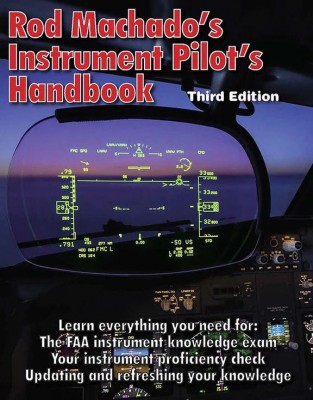
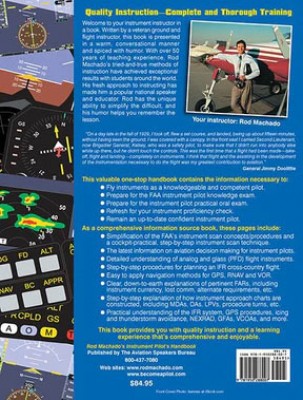
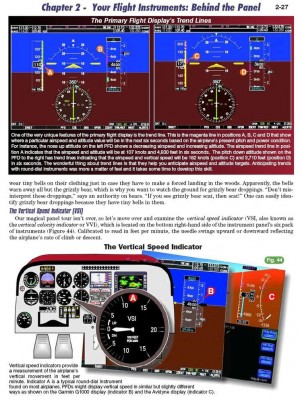
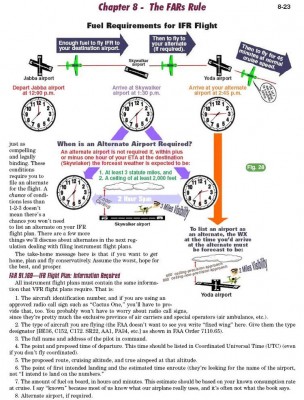









 FREE Shipping
FREE Shipping





